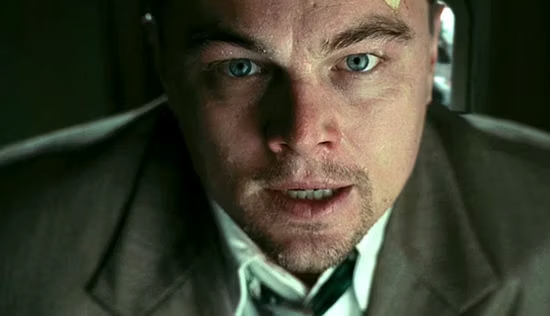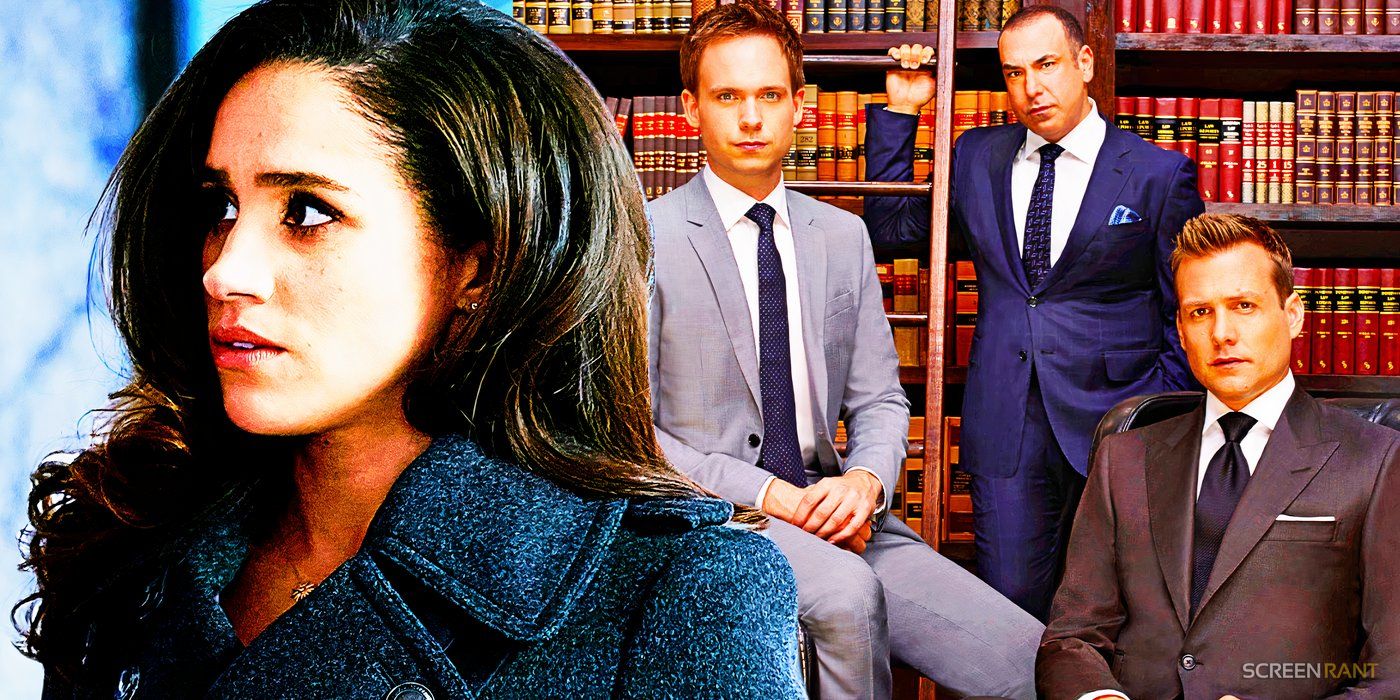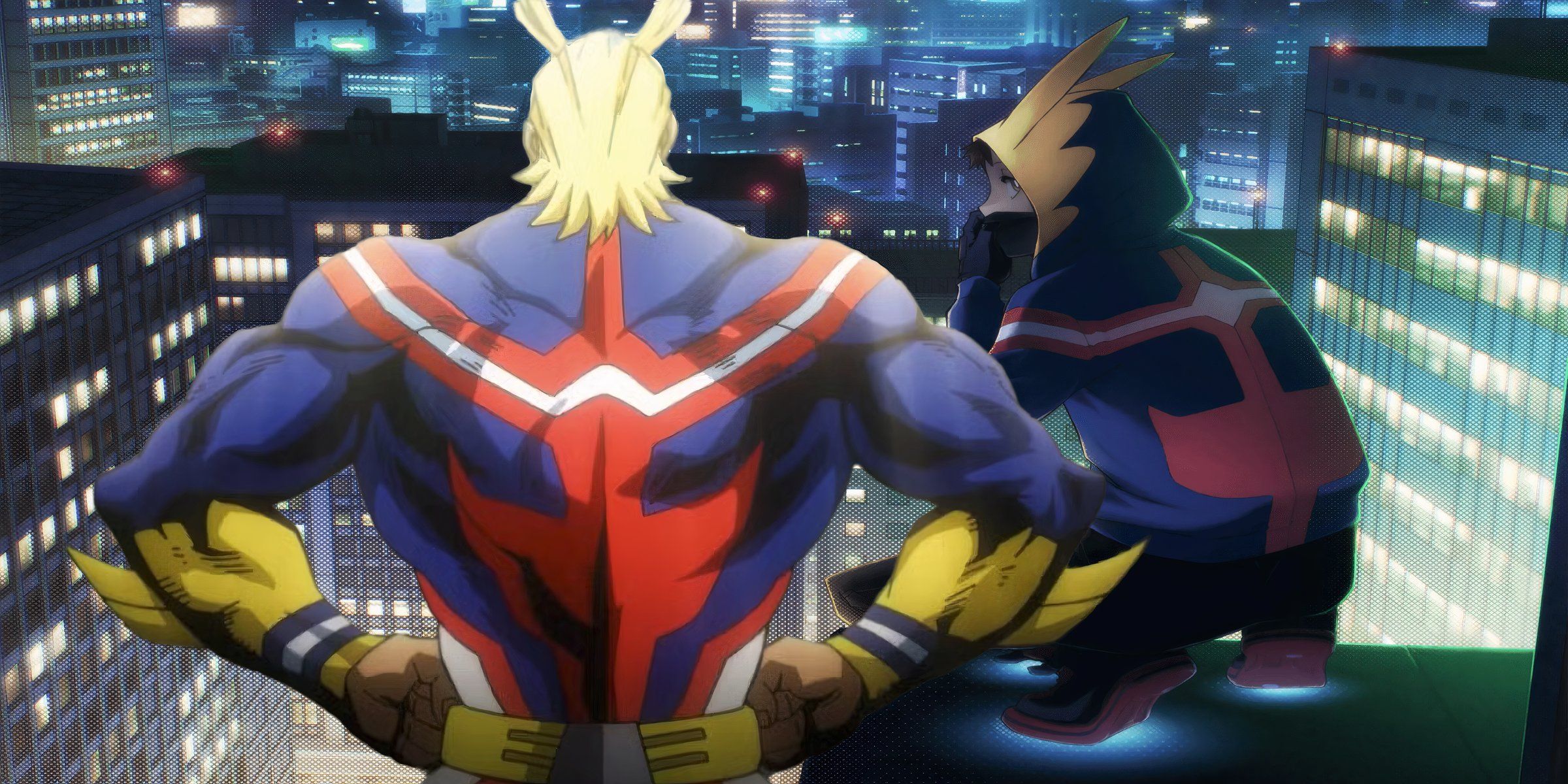For many of us, periods of intense grieving don’t leave clear, linear memories. Time stretches, compresses and fragments, words and faces and gestures emerge irregularly from an overwhelmed blur, and often it’s everyday banalities — what we ate, bought or wore — that stick faster than more consequential events. Occasionally, the mind constructs or distorts moments in ways that feel somehow truthful even if they didn’t quite happen that way, which is why the limber docufiction format of “Wind, Talk to Me” is disarmingly right for director Stefan Djordjevic‘s simultaneously melancholy and mischievous grief memoir. An idiosyncratic personal reckoning with the recent death of his mother that gradually expands to take in the perspectives of his kith and kin, the film has the busy, varied emotional intensity of many a family gathering: pained one minute, uproarious the next.
A highly original, form-breaking work that pivots between diaristic recording and outright fiction, “Wind, Talk to Me” might seem outwardly challenging to audiences with its gently trickling pace and malleable point of view. But its warm humor and relatable family dynamics — to say nothing of one pivotal canine performance — should secure it a devoted following on the festival circuit, which it will travel widely following its premiere in Rotterdam’s Tiger competition. The nonfiction components of this Serbian-Slovenian-Croatian production are substantial enough to net it substantial docfest exposure, in addition to space in more general programs.
The title stems from a conversation between the filmmaker and his mother Negrica, in the late stages of her battle with cancer, that bookends proceedings — with intimate video footage later bringing poignant context to enigmatic audio. In it, she states her conviction that a person can control the wind by sheer force of will, to a teasingly skeptical response from her son. In the wake of her death, he seems more sympathetic to the idea of the human body communing with nature. Wind is a recurring aural presence in the film, seemingly in dialogue with his fragile mood, while he uncertainly pursues a tactile connection with the earth and the elements, shot with shadow-streaked, end-of-summer verdancy by DP Marko Brdar. At one point, Djordjevic traces the ridges of tree bark with the palm of his hand, self-conscious but hopeful of some sort of revelation.
Lest things get too esoteric, Djordjevic has his garrulous, practical-minded relatives to bring him back to earth. They’re partly amused by his determination to film their gatherings, but respectful, too, of their role in what amounts to a healing process, bringing a shared ending to what began as a project just about his mother. A light narrative is imposed on reality, as the filmmaker — newly single and raw from mourning — heads to the countryside to join his family for his grandmother’s 80th birthday, and their first reunion since losing Negrica. From there, they head to the modest lakeside cabin where she spent the last year of her life, cleaning out the cobwebs and raking through memories, trying not to let the whole place calcify into the past.
It’s not all cozy family bonding, as closeness also brings prickly conflicts — spoken and unspoken — to the surface. Djordjevic is wounded by his grandmother’s decision to wash one of Negrica’s old dresses, though soon realizes the futility of challenging her given her own frailty. His brother Bosko, meanwhile, admits he needs to maintain a little distance within the film: “Too many things happened at the same time,” he says. “I think there’s more I need to stay silent about right now.” Such exchanges feel nervily candid, though they may be dramatized. At times, “Wind, Talk to Me” seems to evoke the conversations we should have with our loved ones, but never do; at others, even those are beyond its reach.
One clear fictional strand concerns Djordjevic’s gradual adoption of a dog he hits with his car on a country road. Named Lija, the wary but winsome mutt — in fact played by the filmmaker’s own pet — is snappish and defensive when her wounds are first treated, only to slowly relent and relax in the face of genuine tenderness. One life, at least, can be saved. It’s a simple metaphor for the constructive possibilities of grief, but not a sentimental one, conceived and enacted by a numbed heart exercising its ability to care again. Later we’ll see that vulnerability, unscripted, in a mother-son conversation alive with affection for the shared past and ache for a separated future. The camera is close on her worn, gentle face, sporadically disrupted by a breeze-blown curtain: the wind, perhaps, getting a word in.









 English (US) ·
English (US) ·